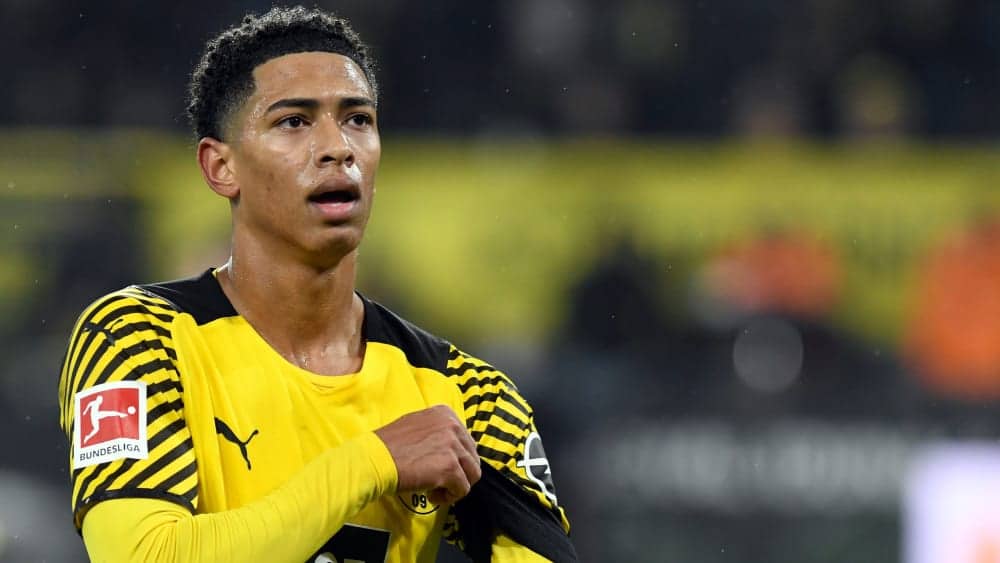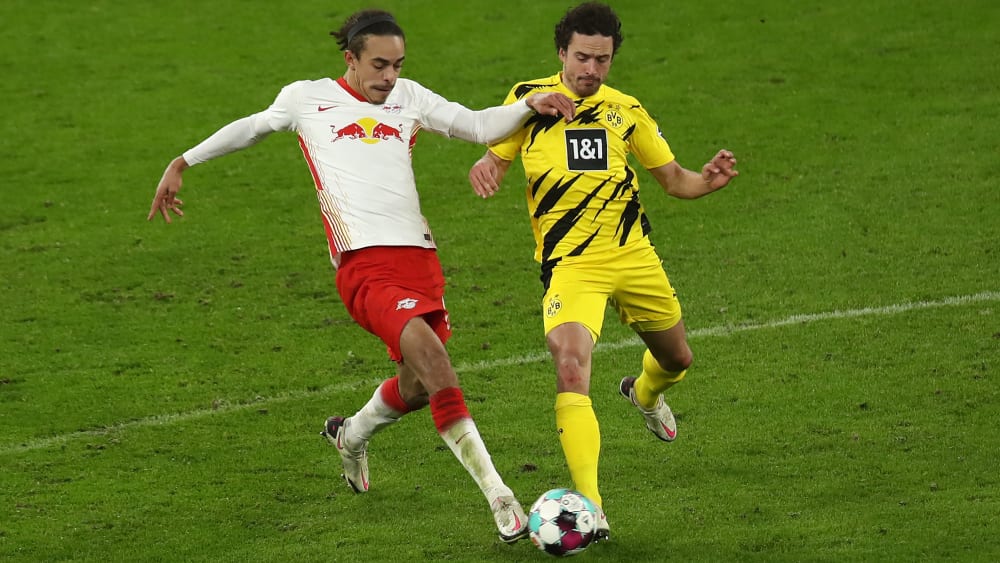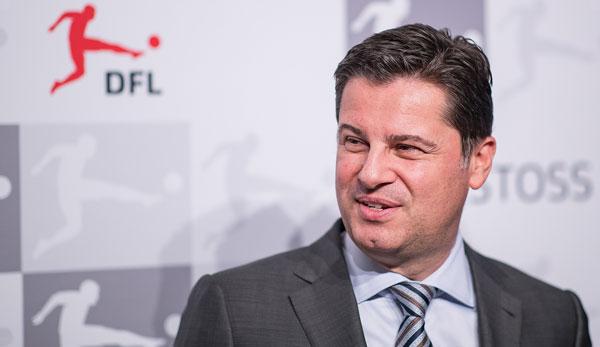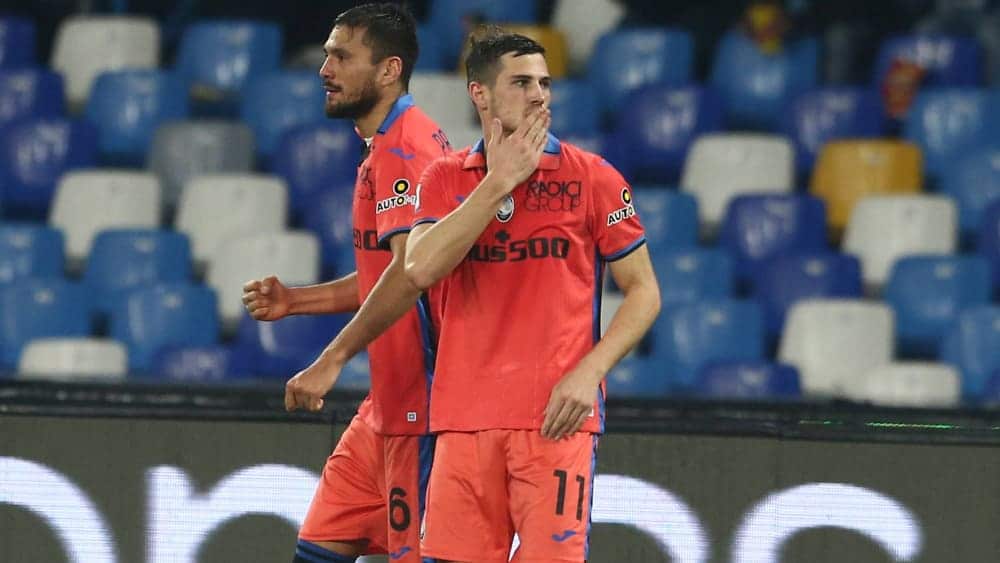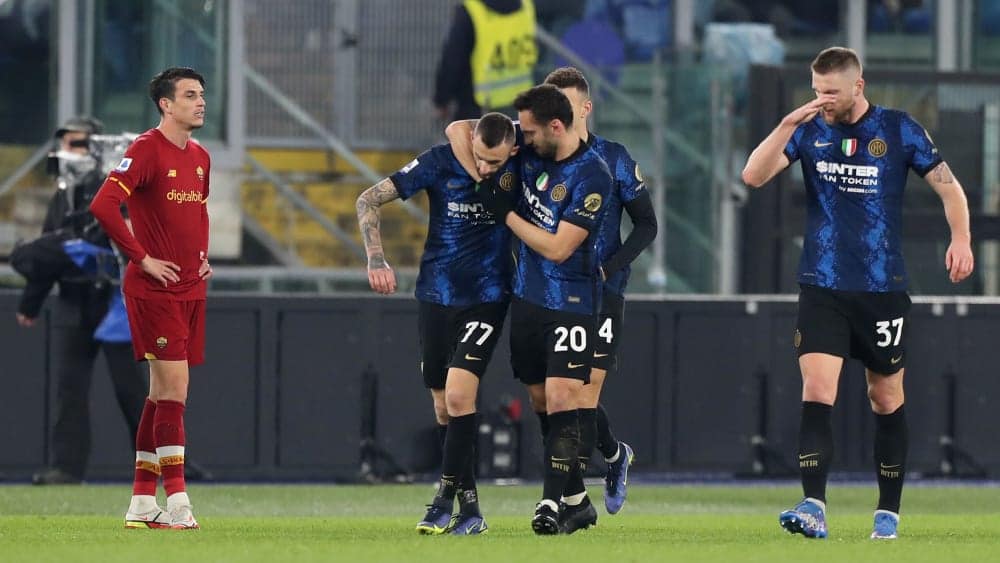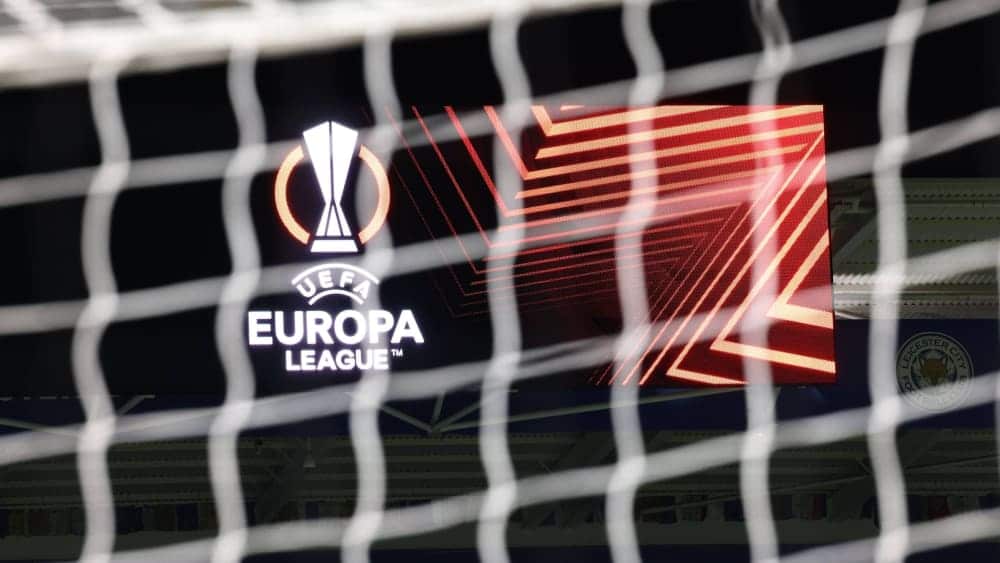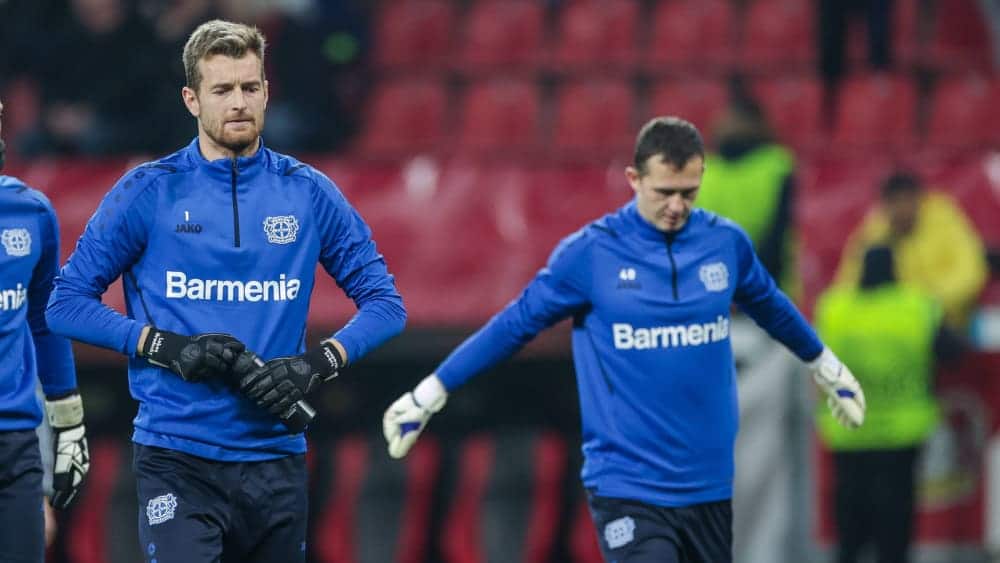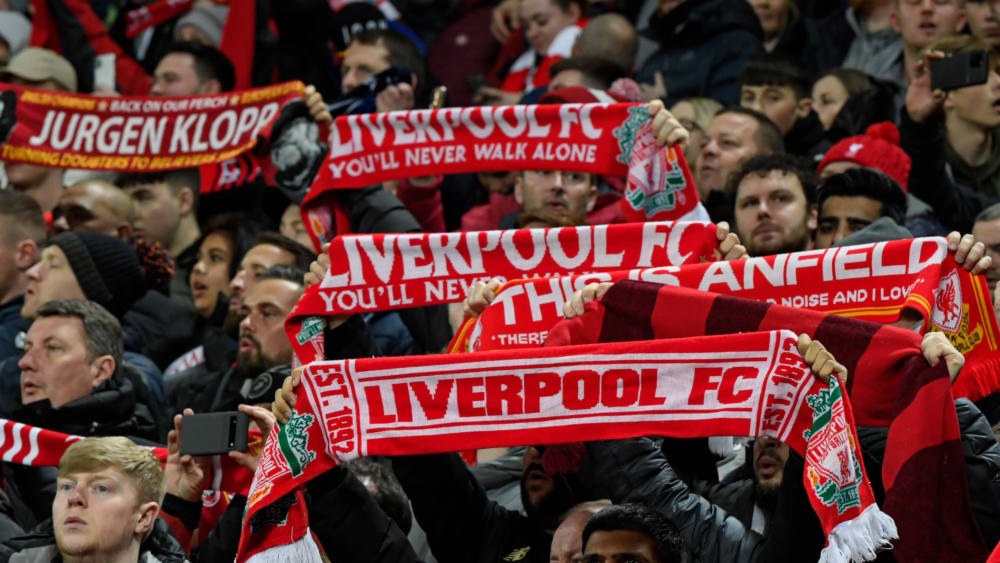At their meeting on Tuesday in Neu-Isenburg, a suburb of Frankfurt, the German professional clubs agreed on a moderate structural reform of the German Football League (DFL). According to the will of the clubs, there will no longer be a president in the future, but the executive committee will continue to consist of seven elected members of the clubs and two DFL representatives. DFL managing director Christian Seifert (50) becomes spokesman of the committee.
In September last year, DFL President Reinhard Rauball announced that he would be retiring after twelve years at the helm. The 72-year-old had at the same time suggested a new order. Since then, the DFL has been looking for a consensus model. The new structure will come into force at the meeting on 21 August in Berlin.
“The meeting was a great success. All major resolutions were passed unanimously. The Bundesliga and the 2nd League have demonstrated great unity and shown that they want to tackle the future together”, said Rauball: “The ability to change is necessary. When times change, you have to adapt. This is the way to meet the challenges adequately.”
The DFL’s future tasks are already clear. This primarily concerns the reform of the European Cup and the allocation of media rights to the Bundesliga and the 2nd league. “We do not stand in the way of reform in the organisation of European competitions. We want to play a part in shaping the future – but the proposals made so far are not effective,” said Seifert: “We want to award the national media rights at the end of the first quarter or at the beginning of the second quarter of 2020. After the summer break, we will continue our constructive talks with the Bundeskartellamt.”
With the structural change it is also clear: Seifert will not represent German football in the international committees of the world association FIFA and the European Football Union (UEFA).
“That’s out of the question for me. The positions meant an enormous effort in terms of time and content. That is not compatible with my function,” he said: “How great the leverage of the individual in these committees is, is not clear anyway. It’s important to have a decent relationship with these associations.”
Since the resignation of former DFB President Reinhard Grindel in April, German football has no longer been represented in the FIFA Council or the UEFA Executive Committee.
